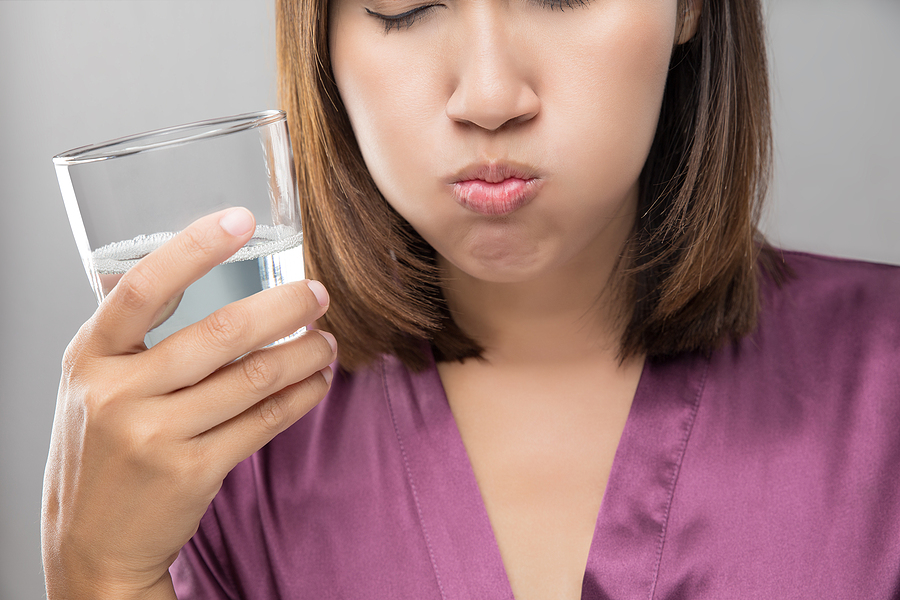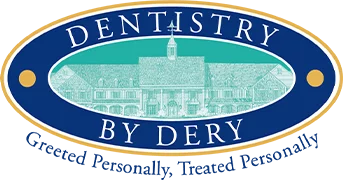
While your mint mouthwash isn’t a mojito, many types contain alcohol. So what use does the chemical have in cleaning our mouths?
Activate & Cleanse
Alcohol plays an important role & isn’t just filler. Alcohol acts as a solvent for the active ingredients in mouthwash, keeping them dissolved inside the container without settling. This helps ensure each swig has similar concentrations of ingredients.
In addition, the alcohol helps deliver the active ingredients effectively throughout your mouth. These ingredients, such as oils like menthol, help break down plaque and other calculus buildup.
Alcohol is also a great sterilizer on its own. Just as with topical treatments before getting a shot, alcohol in the mouth works to kill bacteria that can lead to bad breath, gum problems & other maladies. The general mouthwash we know today was created after seeing alcohol work in surgeries around the turn of the 20th century by Joseph Lawrence.
Risks
The most obvious risk to using alcohol-containing mouthwash is consuming it. While a small amount won’t be harmful, drinking large amounts can do damage to your liver & cause nausea or worse. The alcohol in mouthwash is not like the alcohol found in beer or even liquor though it can be abused. The alcohol added is ethanol, & isn’t distilled to be safe to consume. While most people know not to drink mouthwash—rather most spit it into the sink—children should be supervised when first introduced to alcohol mouthwash.
Prolonged exposure to mouthwash can be harmful as well. Holding mouthwash in for longer than the recommended time can be detrimental to your enamel if done too often. While some studies suggest that keeping mouthwash with alcohol in your mouth too long can contribute to the development of oral cancer, there are conflicting responses to this claim.
Used as directed, alcohol mouthwash is not associated with any common serious side effects.
Alternatives
For those with certain risk factors—such as diabetes or pregnancy—there are alternatives. Alcohol-free mouthwash is available & contains ingredients similar to alcohol in that they aid in ingredient delivery & disinfect, but do not have the same risks. Different brands may use different ingredients as alcohol substitutes. Talk to your dentist to learn more about mouthwash differences.
Sources: https://www.nature.com/articles/sj.bdj.2009.1014
https://lagunatreatment.com/alcohol-abuse/drinking-mouthwash/
https://www.cancer.gov/publications/dictionaries/cancer-drug/def/ethyl-alcohol-mouthwash
